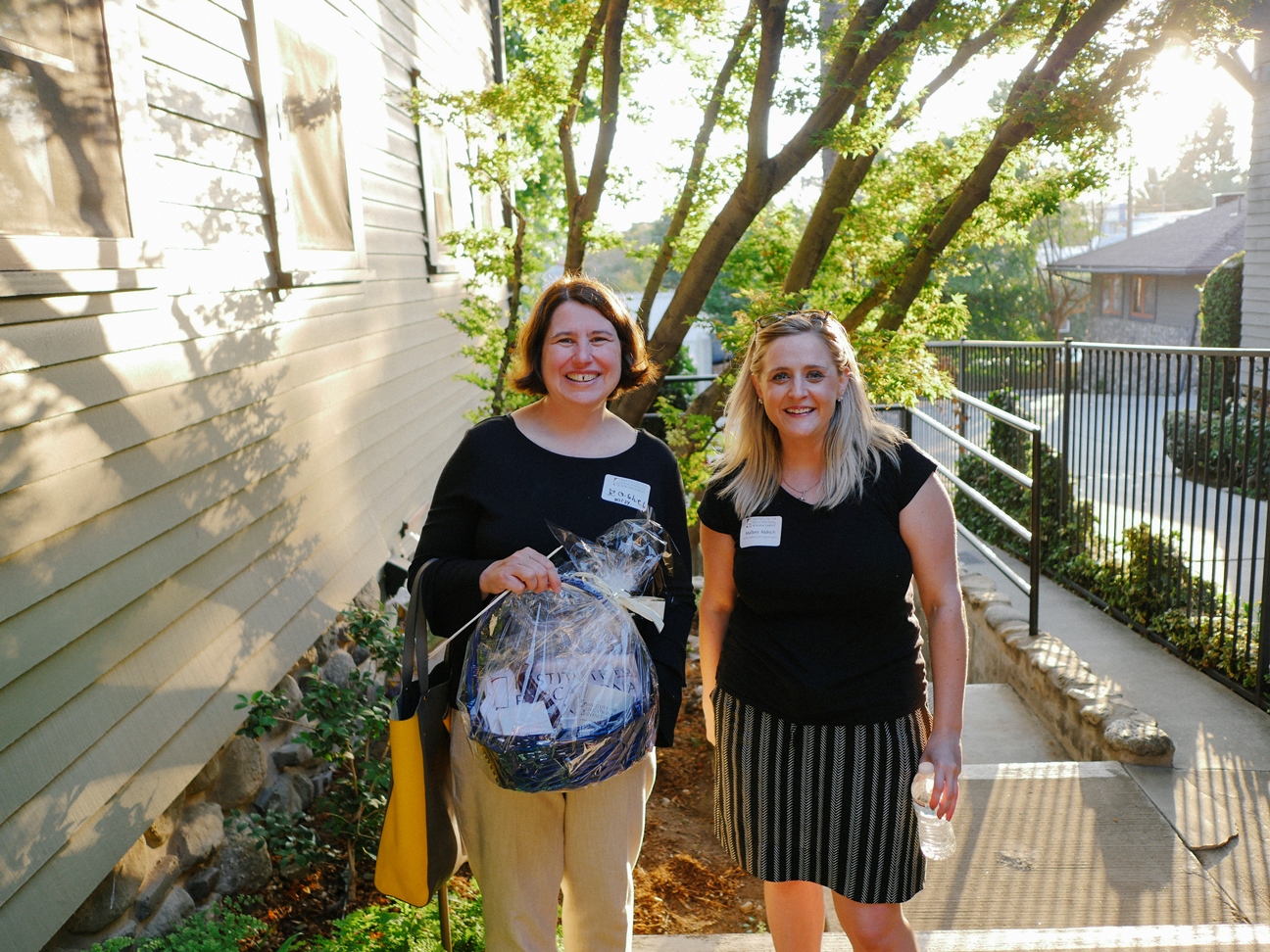By Mallory Aldrich, Caroline D. Bradley Scholarship Admissions Coordinator
While reflecting on my first year at IEA, I realized I have learned so much while working with the amazing students who make up the Caroline D. Bradley Scholars. But the biggest lesson I’ve learned while working with gifted students is to listen. To actually take time and listen to what they have to say.
Gifted students come in every shape and size. Some may be outgoing and want to take charge while others want to observe and help build. Some students think in big abstract ways while others want to find all the details to a problem before they move on. But, too often, gifted students are put into the same category when it comes to their learning. It is our responsibility to listen to them and what they are asking for in an educational setting. This is the most crucial aspect while working with the CDB scholars and why we stress fit over name when it comes to choosing their high school. Every student is different and some schools/programs work better for others.
Many gifted students often want to share about a project that they are working on or a subject that they are learning either in school or in their own research. It is so important to take the time to listen to them and be engaged in the conversation. Ask questions if you don’t know much about the subject. If you do know about the subject participate in the conversation, sharing what you know and how you came to understand the information. For students who often feel different than their peers because of their intellectual ability, this can mean the world to them and can help you understand the gifted student in your life a little better as well.
Finally it is also important to listen to what gifted students are not saying when they are talking to you. If they want to stop an activity that used to be one of their favorites and they say they are bored now, is that really the reason? Or are they no longer the best at it and so they no longer want to participate? Does the student keep saying one thing is affecting them but the correlation doesn’t seem right? Understanding where the gifted student is coming from can help you ensure they are getting the emotional support that they may be searching for.
While the concept of truly listening to what our students are or are not saying can seem overwhelming in our fast-paced world, it is something that is one of the most important things we can do for them. So, take a pause, sit down and listen to the gifted student in your life.
Like this post? Sign up for our email newsletter to receive more stories, information, and resources about gifted youth straight to your inbox.

